OVERVIEW
Henna is a plant. The leaf is used to make medicine. Historically, henna has been used for severe diarrhea caused by a parasite (amoebic dysentery), cancer, enlarged spleen, headache, jaundice, and skin conditions. These days, people take henna for stomach and intestinal ulcers. Henna is sometimes applied directly to the affected area for dandruff, eczema, scabies, fungal infections, and wounds. In manufacturing, henna is used in cosmetics, hair dyes, and hair care products; and as a dye for nails, hands, and clothing.
Benefits
The apparent use of Henna is dyeing hair. It is a natural and healthy hair dye that has been used since ancient times. It is safe, healthy, cost-effective, readily available, quick to prepare, and has no side effects other than other chemical creams and dye.
Henna contains anti-inflammatory, antimicrobial, and antifungal properties that help soothe and cool down the scalp, reducing itchiness in the scalp.
Split ends are caused by dry and damaged hair. Just a haircut can’t prevent it, but you have to avoid a vicious cycle that is the primary reason for split ends. Henna is an excellent remedy to prevent split ends gradually. The conditioning and nourishing activities of henna treat dry and damaged hair, and thereby put an end card for splits.
Henna removes excessive oil production and slows down overactive sebaceous glands from the scalp in the process. It helps restore and balance pH value to normal acid-alkaline levels and strengthen the hair follicles.
Heena is primarily used as a natural plant hair dye. Henna has antifungal properties, making it beneficial for those suffering from dandruff, hair loss, and other microbial issues. Henna helps reduce premature greying of hair because it contains tannins, a plant compound found in teas that contributes to their rich coloring.
Although most people associate henna with hair coloring, it may also play a number of other roles in that part of our body. Henna may strengthen the hair, making it a safe dye that does not harm the health of our follicles in the long run. It may help to seal the cuticle of the hair, preventing breakage and improving the shine and appearance of the hair.
Everyone knows about the benefits of henna for hair growth and strength. It helps prevent breakage of the hair cuticle and improves the shine and strength of the hair. It clears out dandruff from the scalps and hair.
Henna mixed with eggs makes a good hair conditioner as it has hydrating compounds and removes excessive sebum. Make a hair pack using henna and any hydrating ingredient and apply it on the hair for a specific time. It will give you silky smooth hair in days.
The ability to protect the skin from infections and reduce inflammation is one of the most notable henna applications. It has been used for generations to treat burns, wounds, and scrapes, not only because it can add a protective layer against foreign pathogens and substances, but also because it has natural cooling properties that absorb heat from the skin.
The antipyretic properties of henna may also help to reduce fevers. Extremely high fevers as a secondary symptom of another condition can be harmful to organ function and metabolic processes. It is critical to bring the body’s temperature down, and henna may be able to help by inducing sweating and thus effectively breaking the fever, or simply cooling the body and providing some relief.
Henna flowers can help reduce headaches due to sun heat. A plaster prepared from henna flowers is soaked in vinegar and topically applied over the forehead to relieve headaches.’
One of the significant benefits of henna for skin is acting against infections and reducing inflammation. Traditional medicine used henna as a coagulant on open wounds and poultice to soothe inflammation, burns, and eczema. The plant leaves are of antiseptic properties used to treat fungal or bacterial infections.
Henna can be used as detoxifiers to healthen spleen and improve overall health. Liver health is essential as it is responsible for eliminating toxins from the body. Soak the henna leaves or barks in water and drink that water, which clears the harmful toxins from the body. With this remedy, you ensure the healthy liver functions that prevent various health issues.
How To Use
Henna Powder For hair Dying:
Pour the henna powder into a bowl and slowly add distilled water while mixing
Keep on stirring the mixture until you get a yogurt-like consistency
Once mixed, let the mixture sit to activate for 8-10 hours
Use plastic wrap to cover the bowl
It is recommended to mix henna the night before the application
Open the bowl the next day and again mix it for the final time
Divide your hair into four sections and apply the mixture to your hair
Use a hair coloring brush to distribute the henna in every direction
Once done, wrap your hair with a saran wrap
Wait for 2-3 hours to let the mixture sit on your hair
After the set time is up, wash your hair with a sulfate-free conditioner
The henna color will continue to darken after 2-3 days
Henna & Amla – Boost Volume and Strengthen:
In a 100g henna powder, add 2 tablespoons of amla powder
Add water as per consistency to make a thin paste
Apply the mixture to your roots
Leave the paste on for at least 20-45 minutes
Wash with lukewarm water
Henna & Bhringraj – Strength and Growth boosting mask:
Add henna and bhringraj powder in a bowl and mix it with regular tap water
Let the mixture rest for 1-2 hours and then apply to your hair
You can follow this recipe with your regular henna application or for touchups
Wash your hair with sulfate-free conditioner
Henna & Hibiscus – Promote Hair Health:
Add henna and hibiscus powders to a bowl and mix with water
Keep on stirring until you get a thin paste
If you want to color your hair then let the henna develop for 6-8 hours
If you’re just doing touch-ups then wait for 30-45 minutes
Apply the mixture to your hair and let it rest
Wash your hair with a conditioner
-
RS200 – RS550
Onion Seeds پیاز بیج
-
RS350 – RS850
Sunflower Seeds مغز سورج مکھی

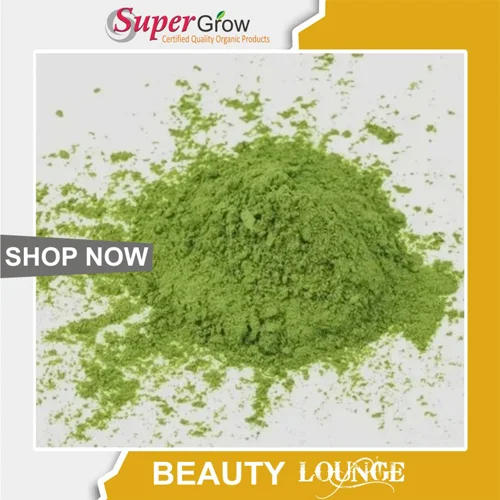
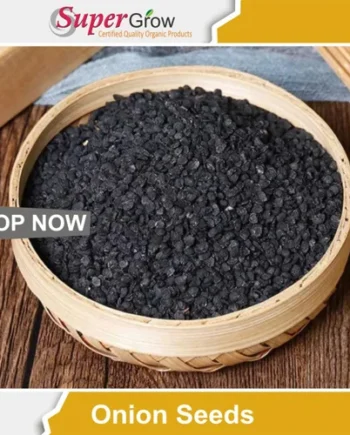
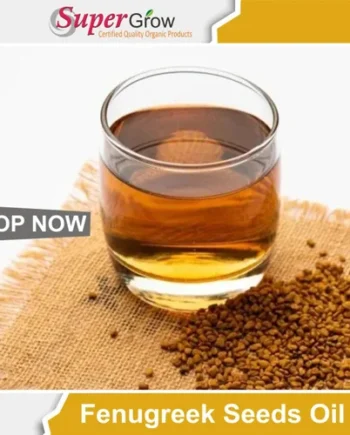
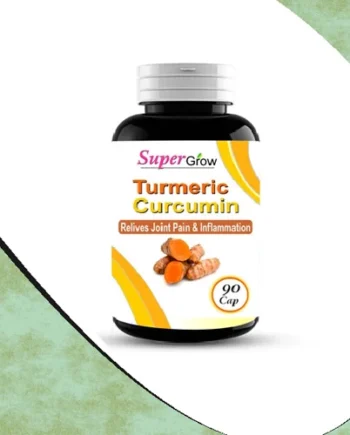
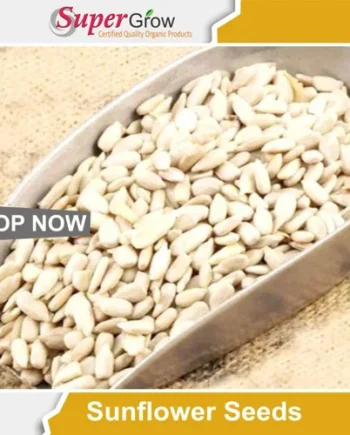
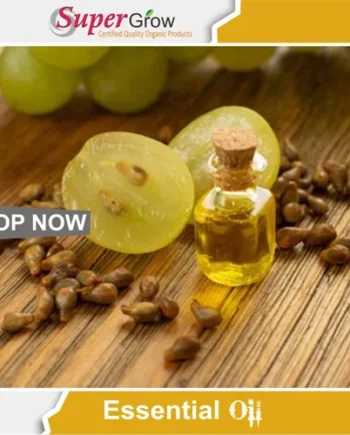
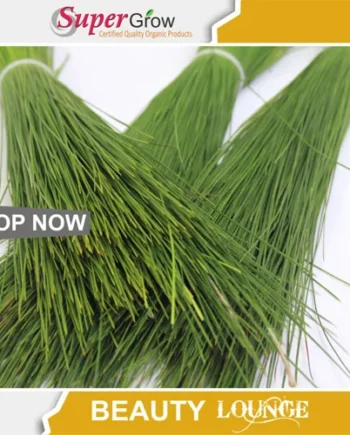
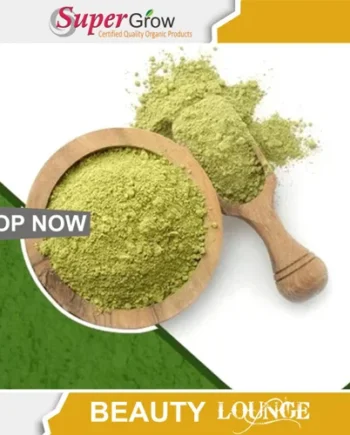
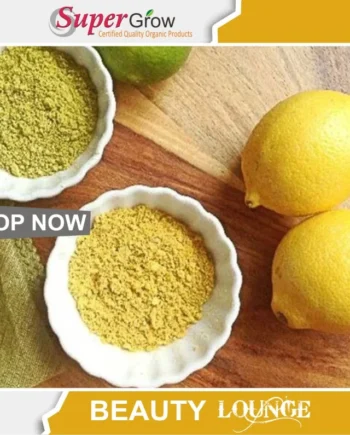
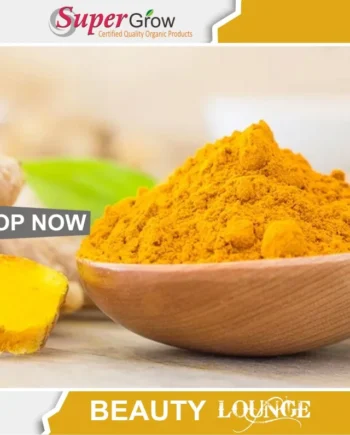
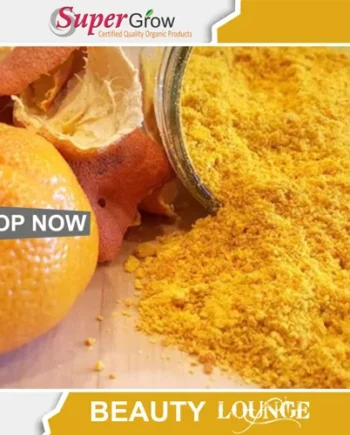
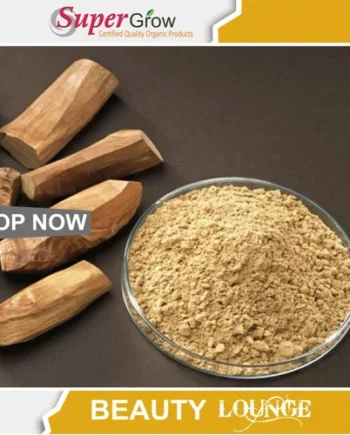
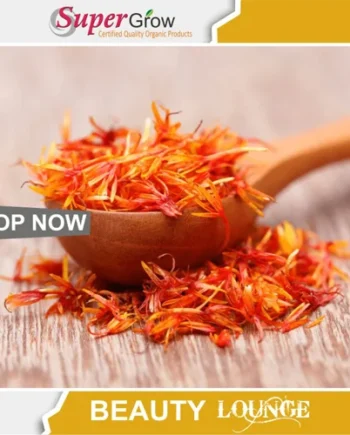
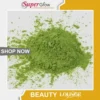
Reviews
There are no reviews yet.